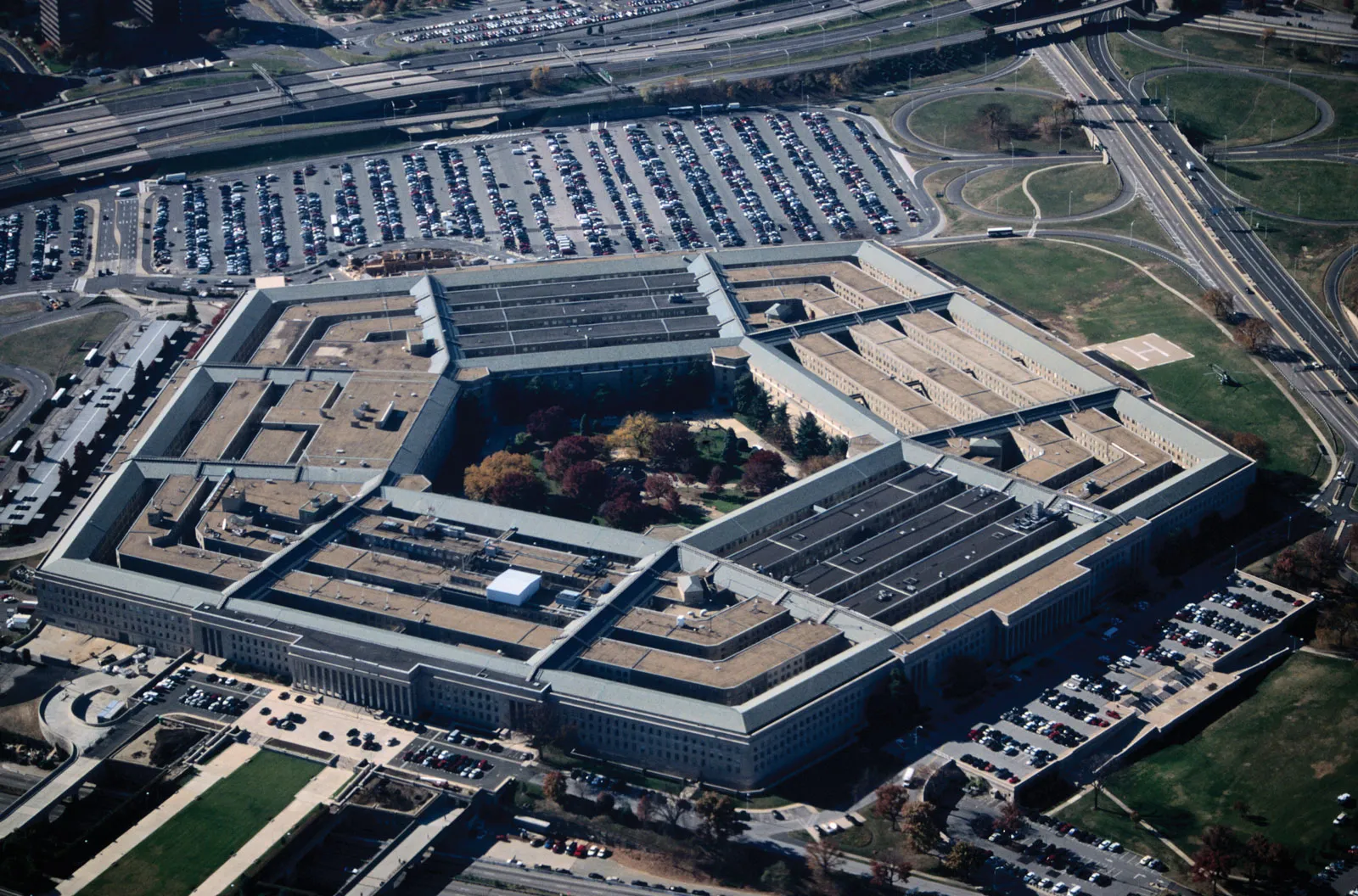November 9, 2024
According to recent reports from CNN, top Pentagon officials have convened informal discussions about potential strategies to counter specific orders that might come from President-elect Donald Trump upon his return to office. The discussions reportedly stem from concerns within the military leadership about how they would respond to directives involving the deployment of active-duty troops domestically and the firing of high-level Department of Defense staff.
For Trump supporters, these reports are concerning, hinting at potential defiance within the military-industrial complex toward a president who historically has criticized the military’s involvement in foreign conflicts. Trump’s previous administration was notable as he became the first president in 40 years to avoid initiating any new military engagements. Some Trump allies view the Pentagon’s recent discussions as emblematic of longstanding resistance to Trump’s leadership and policies.
During Trump’s previous term, tensions were high between Trump and military brass. Former Chairman of the Joint Chiefs of Staff, General Mark Milley, openly diverged from Trump’s directives, notably during the days leading up to the January 6, 2021, Capitol protests. Trump reportedly expressed concerns about potential unrest, allegedly instructing Milley to deploy National Guard troops to ensure a safe environment. Milley did not follow through on the request, a decision that has since sparked significant debate.
Further revelations suggest that Milley, in the aftermath of January 6, took unusual steps to limit Trump’s access to military powers, even making discreet assurances to Chinese officials regarding any possible actions by Trump. These revelations fueled both controversy and concern among Trump supporters, who have criticized Milley for undermining presidential authority.
The Pentagon’s recent discussions appear to reflect a continuation of these tensions. Defense officials have reportedly voiced apprehension about possible restructuring plans under Trump’s administration, which could include the dismissal of staff members whom Trump perceives as disloyal or ineffective. Trump has frequently criticized some military leaders, labeling them as “woke” or ineffective.
“This has been an ongoing concern,” a defense official reportedly told CNN, expressing uncertainty about how events would unfold if Trump attempts a sweeping overhaul of Pentagon leadership. In preparation, officials are reportedly “gaming out various scenarios” to prepare for potential changes in the Department of Defense’s structure and leadership.
The relationship between Trump and Pentagon officials has been fraught in the past, with Trump’s preference for non-interventionist policies often clashing with military advisors who have overseen decades of U.S. involvement abroad. Supporters of Trump’s approach see his opposition to military entanglements as a stance against the perceived influence of the military-industrial complex, while critics argue that Trump’s approach risks undermining U.S. defense readiness.
As Trump prepares to return to office, he faces the task of navigating these longstanding differences with military leaders and shaping his administration’s defense strategy amid significant internal resistance. Some Trump supporters have already called for a “house-cleaning” to remove perceived antagonistic elements within the Pentagon.
With Trump’s criticisms of military leadership likely to continue, it remains to be seen how the Department of Defense will adapt to his return and what, if any, impact the Pentagon’s preparatory discussions will have on his upcoming term.
Sources:
- CNN. (2024). “Pentagon leaders discuss plans to counter potential Trump orders.”
- The Gateway Pundit. (2023). “Mark Milley and January 6: A Timeline of Disputes with Trump.”
- Agence France-Presse/Getty Images. (2024).



